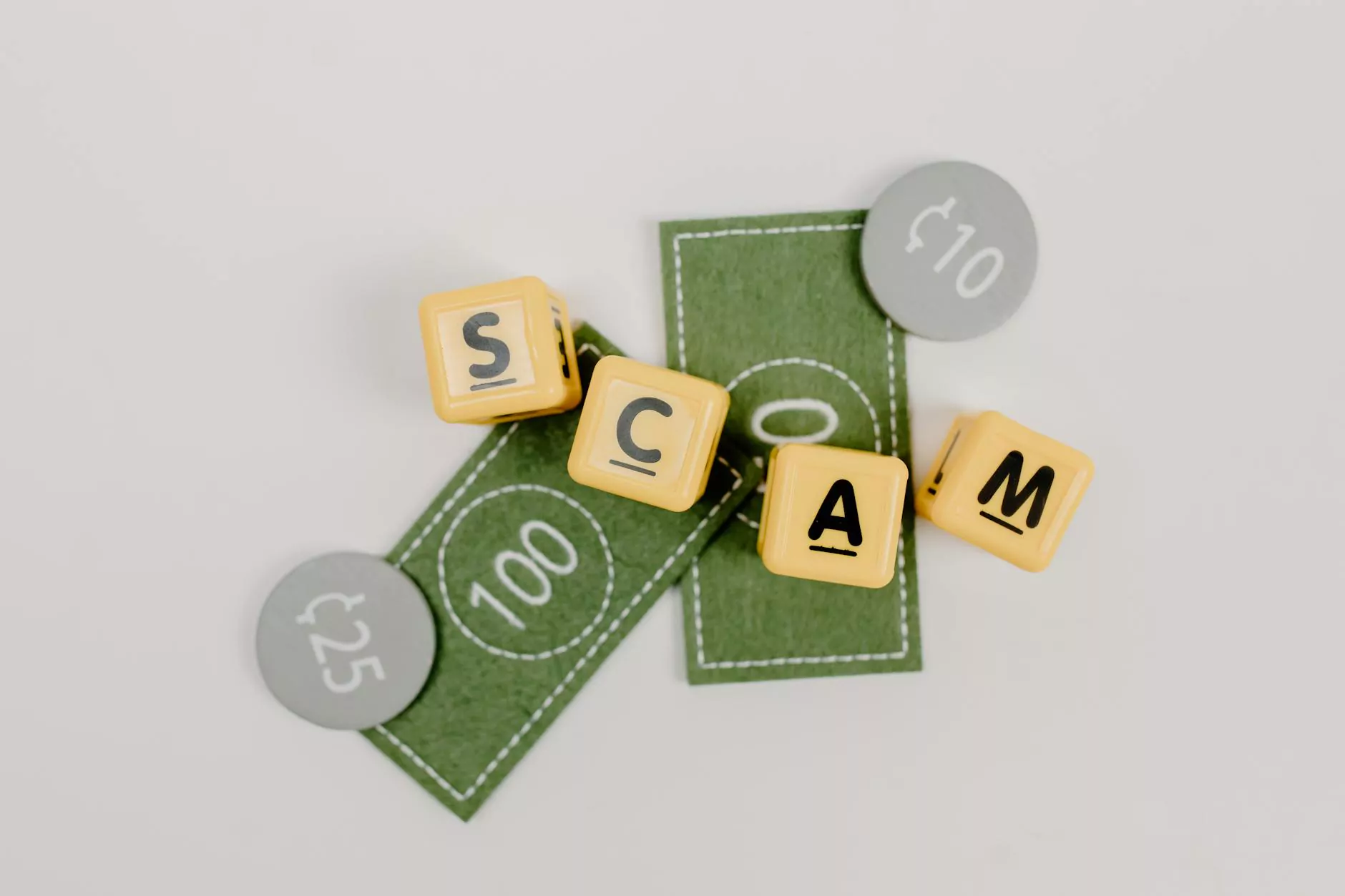Protecting Your Business: Understanding and Avoiding Lottery Scam Calls

In the digital age, businesses face numerous challenges, including the rise of various scams. Among the most notorious are lottery scam calls, which have become increasingly sophisticated. It’s crucial for business owners to understand what these scams look like and how to protect themselves and their companies from becoming victims. This article will provide a comprehensive overview of lottery scams, including how to recognize them, the impact they can have on your business, and steps you can take to safeguard yourself.
What Are Lottery Scam Calls?
Lottery scam calls are fraudulent attempts by scammers to convince individuals or businesses that they have won a lottery or sweepstakes. The callers often claim to represent a legitimate lottery organization, and they may ask for personal information or payment of fees to claim the supposed winnings. These scams can target anyone, but businesses are particularly vulnerable due to their financial structures and resources.
How Lottery Scam Calls Operate
Scammers employ various tactics to make their calls appear credible:
- Fake Authority: They often impersonate official figures or representatives from well-known lottery organizations.
- Urgency: Callers create a sense of urgency, pressuring targets to act quickly before they lose their 'winnings.'
- Requests for Personal Information: They may ask for sensitive data such as social security numbers, bank details, or credit card information.
- Payment of Fees: Before winners can claim their prizes, scammers often demand payment of taxes or processing fees.
Recognizing Common Signs of Lottery Scams
Understanding the signs of lottery scam calls can help you avoid becoming a victim. Here are some red flags to look out for:
1. Unsolicited Contact
Legitimate lottery organizations do not cold call individuals. If you receive a call about a win without having previously entered the lottery, be suspicious.
2. Request for Payment
If the caller requests any form of payment to release winning funds, it is almost certainly a scam. Legitimate organizations will never demand payment upfront.
3. Pressure Tactics
Scammers often use high-pressure tactics to make you act quickly. Take your time to evaluate the situation and hang up if you're feeling rushed.
4. Vague Details
Scammers may provide little information about the lottery or sweepstakes. If they can't provide details about where you entered or what lottery they represent, it’s a warning sign.
The Impact of Lottery Scams on Businesses
While many people recognize the personal threat posed by lottery scams, businesses often underestimate their potential impact. Here are several ways these scams can affect a business:
1. Financial Loss
If a business falls victim to a lottery scam, they may suffer direct financial loss. Paying fees to claim nonexistent winnings can lead to significant monetary damage.
2. Reputational Damage
A business that is scammed may find its reputation tarnished. Clients and partners may lose trust if they believe the company is financially irresponsible or lacks security measures.
3. Time and Resource Drain
Dealing with the fallout of a lottery scam can consume valuable time and resources. Businesses must invest time to rectify the situation and implement better security measures.
Steps to Protect Your Business from Lottery Scams
To safeguard your business against lottery scam calls, consider the following strategies:
1. Educate Employees
Regular training and updates on recognizing and responding to scams can help employees feel empowered and alert. This includes:
- Conducting workshops on fraud awareness
- Providing written materials on recognizing scams
- Encouraging employees to report suspicious activities
2. Implement Screening Processes
Set up procedures for screening incoming calls, especially when personal or business-sensitive information could be discussed. Consider using technology to identify known scam numbers.
3. Develop a Response Plan
Have a clear response plan if employees suspect a scam. This plan should include:
- Reporting the scam to relevant authorities.
- Documenting the call details for any future investigations.
- Ensuring that employees know to not engage with the caller.
4. Use Technology Wisely
Consider utilizing call-blocking technology or apps that can help filter out unwanted or suspicious calls. Additionally, ensure your business’s cybersecurity measures are robust.
Reporting Lottery Scams
Reporting scams is not only crucial for your safety but also aids in the fight against fraud. If you receive a lottery scam call, take the following steps:
1. Document the Details
Write down important details about the call, including:
- Caller ID or phone number
- Date and time of the call
- What was said during the call
2. Report to Authorities
Report the scam to your local consumer protection agency or regulatory body. In the United States, you can report to:
- The Federal Trade Commission (FTC)
- The Federal Bureau of Investigation (FBI)
- Your state's attorney general
3. Share Your Experience
Consider sharing your experience on platforms such as FraudComplaints.net to assist others in recognizing and avoiding similar scams. Your testimony could help someone else avoid a financial loss.
Broker Reviews and Understanding Fraud Complaints
As part of your broader strategy to avoid scams, it's essential to conduct thorough broker reviews. When engaging with financial firms or brokers, rely on resources that provide detailed reviews and insights into their credibility. Remember to:
- Research their registration with official regulatory bodies.
- Look for customer feedback on their performance.
- Assess their reputation in the industry.
By staying informed through reliable sources and understanding how to navigate potential scams, businesses can significantly reduce their risk and protect their assets.
Conclusion: Taking a Proactive Approach
Awareness and education are your greatest allies in combating lottery scam calls. By implementing robust training, response strategies, and reporting processes, your business can effectively protect itself from these fraudulent schemes. Remember—if something sounds too good to be true, it often is. Stay vigilant and proactive to ensure your business remains safe from the insidious effects of lottery scams.
By following the guidelines outlined in this article, you can not only protect your own business but also contribute to a wider culture of vigilance against fraud. Let us work together to make the business environment safer for everyone.









